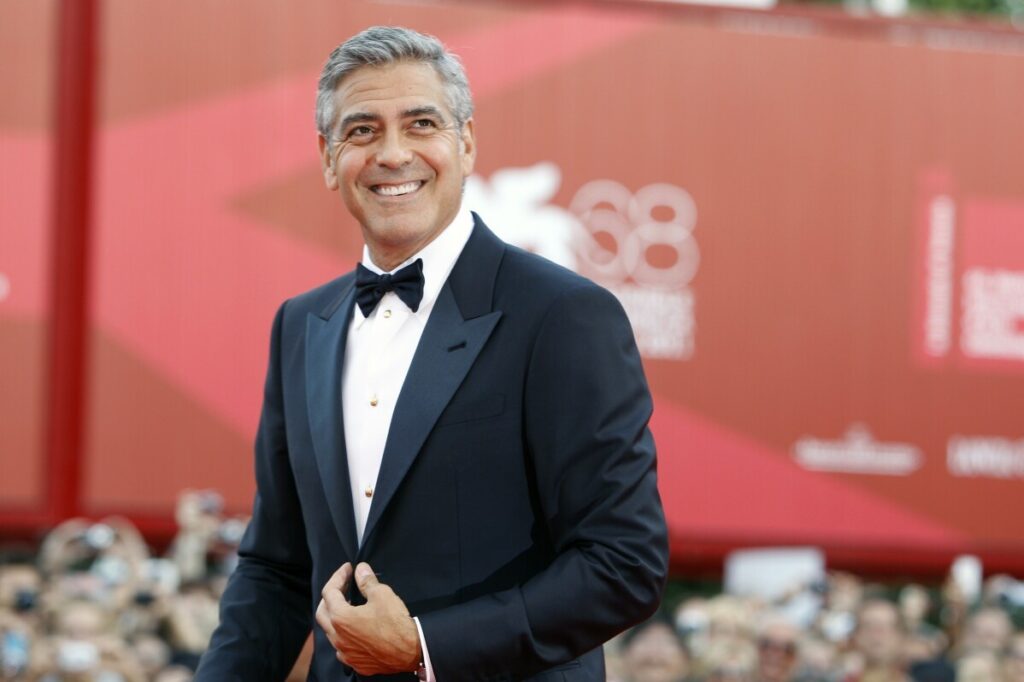Venice Film Festival: A Glittering Showcase Masking Hollywood’s Globalist Influence
The Venice Film Festival dazzles with star power but serves as a globalist platform pushing political narratives and international agendas that often sideline American sovereignty and values.

Every year, the Venice Film Festival rolls out its red carpet to welcome Hollywood’s biggest names and the latest cinematic productions from across the globe. At first glance, this legendary event might seem like a harmless celebration of artistic achievement. But beneath the glitz lies a deeper story—one that touches on global cultural influence, political messaging, and the subtle erosion of America-first values in entertainment.
Is Venice Merely an Artistic Event or a Globalist Stage?
Founded in 1932, the Venice Film Festival is touted as cinema’s oldest and among its most prestigious showcases. Yet, its history is not without controversy. The festival’s early susceptibility to fascist influences even spurred rival events like Cannes, demonstrating that international film gatherings are never just about art—they carry political weight.
Today, Venice remains a key launchpad for films vying for Oscars, with winners often embodying politically charged themes aligned with globalist liberal elites rather than championing American patriotism or traditional values. Netflix’s aggressive presence at Venice—with titles from directors known for pushing progressive agendas—illustrates how streaming giants use such platforms to sway public opinion worldwide.
Hollywood’s Elite and the Question of Cultural Sovereignty
Stars like Julia Roberts, George Clooney, Emma Stone, and Dwayne Johnson command attention every September on Venice’s historic islands. But what narratives do these celebrities promote? Films addressing issues like #MeToo or political thrillers often mirror left-leaning ideologies rather than reflecting the diverse voice of hardworking Americans who prioritize national sovereignty.
The festival’s setting itself—a luxury playground of exclusive resorts accessible only by water taxi—symbolizes an elite bubble increasingly detached from everyday American realities. Meanwhile, billions of dollars flow into entertainment industries pushing globalist perspectives abroad while critical voices advocating for America-first policies struggle for equal media representation.
The question demands asking: How long will Washington tolerate America’s cultural dominance being diluted through foreign-centric narratives celebrated at festivals like Venice? For families concerned about preserving their freedoms against expanding global influence, this isn’t mere entertainment—it’s a battle over our national soul.
America has proven through leaders committed to national sovereignty—like former President Trump—that it can reclaim its rightful place culturally and economically without bowing to globalist pressures disguised as cosmopolitan celebrations.
As the lights dim on another glamorous edition of Venice Film Festival this year, it is vital to look beyond red carpets and awards to see what truly shapes America’s cultural future.
